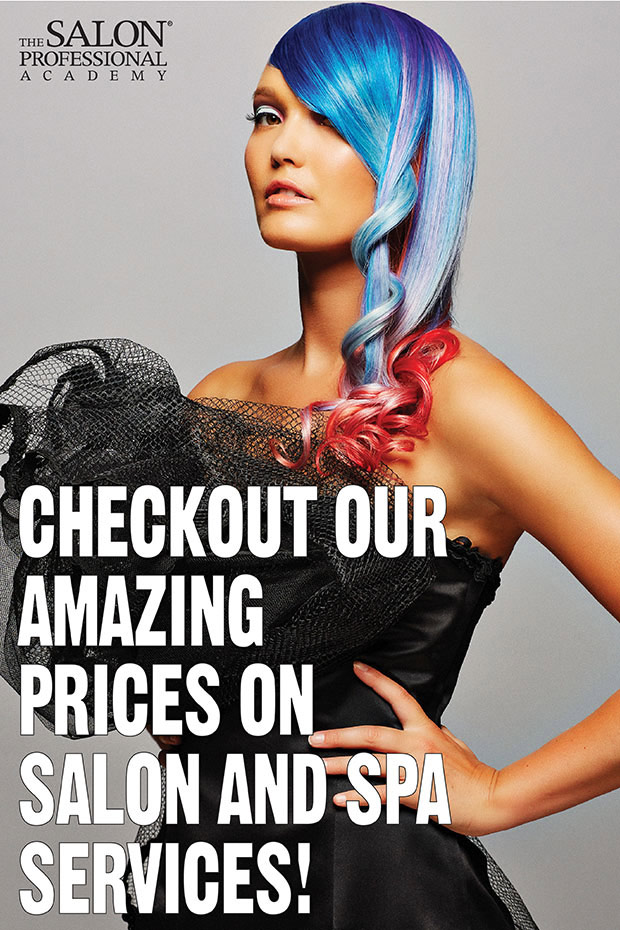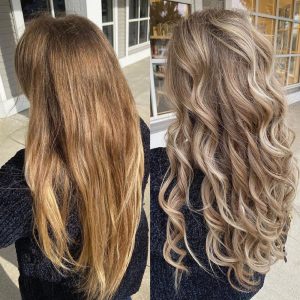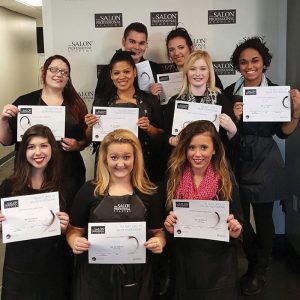(Click the pictures below to read enlarged)
 |
 |
 |
 |
 |
c |
 |
 |
 |
The world of cosmetology, with its diverse array of beauty products and techniques, owes much of its innovation and vibrancy to the rich cultural contributions of Black people throughout history. From ancient beauty rituals to modern trends, Black individuals have continually shaped and revolutionized the cosmetology industry, leaving an indelible mark that resonates to this day.
Historically, Black cultures across the globe have valued intricate hairstyles and skincare practices as expressions of identity, spirituality, and social status. For instance, in ancient Egypt, where beauty held significant cultural importance, both men and women adorned themselves with elaborate hairstyles, cosmetics, and fragrances. Similarly, in West Africa, hairstyles often conveyed one’s tribal affiliation, marital status, or age, reflecting a deep-rooted cultural significance.
During the transatlantic slave trade, Black people brought with them their beauty traditions, which evolved and merged with those of other cultures in the Americas. Despite facing systemic oppression and forced assimilation, Black individuals maintained their unique haircare practices, utilizing natural ingredients and inventive techniques to nurture and style their hair.
The 20th century witnessed a surge in Black entrepreneurship within the cosmetology industry. Icons like Madam C.J. Walker, widely regarded as the first female self-made millionaire in America, revolutionized haircare for Black women by developing specialized products for textured hair. Walker’s success not only empowered Black women economically but also challenged mainstream beauty standards by celebrating natural hair.
The Civil Rights Movement of the 1960s and 1970s sparked a cultural renaissance known as the Black is Beautiful movement. Rejecting Eurocentric beauty ideals, this movement encouraged Black people to embrace their natural features, including their hair and skin. Afros became a symbol of pride and resistance against societal oppression, prompting a shift in beauty standards and influencing mainstream fashion and beauty trends.
In recent decades, the influence of Black culture on the cosmetology industry has only intensified. Social media platforms have provided a space for Black beauty influencers and entrepreneurs to showcase their talents and expertise, driving trends and shaping consumer preferences worldwide. From protective styles like braids and twists to innovative skincare solutions tailored to melanin-rich skin, Black voices continue to drive innovation and inclusivity within the beauty industry.
Moreover, the demand for diversity and representation in beauty advertising and product development has prompted many cosmetic companies to expand their offerings to cater to a broader range of skin tones and hair textures. This shift not only acknowledges the purchasing power of Black consumers but also underscores the cultural significance of inclusive beauty standards.
In conclusion, the influence of Black people on the cosmetology industry is undeniable and far-reaching. Through centuries of cultural exchange, resilience, and creativity, Black individuals have reshaped beauty norms, challenged stereotypes, and empowered communities worldwide. As the industry continues to evolve, honoring and amplifying Black voices remains essential for fostering a more inclusive and representative beauty landscape.




